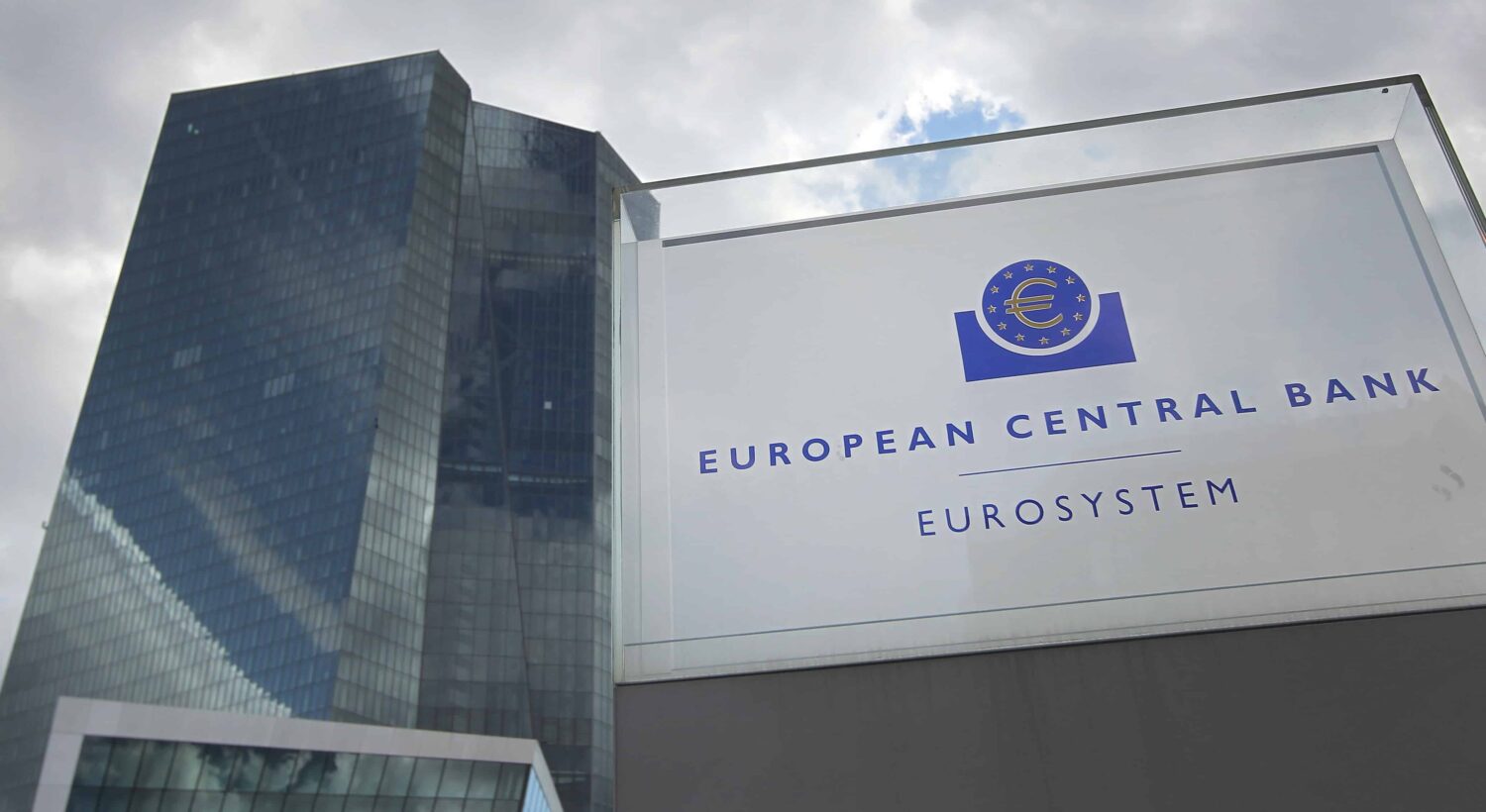PARIS, FRANCE – Europe must invest more quickly and massively in its energy transition if it wants to remain a global industrial power, top policymakers warned on Friday.
The plea was made at a conference on the clean energy transition hosted by the International Energy Agency, the European Central Bank and the European Investment Bank in Paris.
The leaders said private sector investment faces barriers including policy uncertainty, bureaucratic red tape that delays projects, and higher energy costs.
At the same time, the United States, China, India, Japan and South Korea are deploying ambitious industrial programs, they warned.
Friday’s conference focused on the financial and public policy tools that could unleash the investments needed for the clean energy transition.
“Despite its large internal market, skilled workforce and world-beating research and development, we’re yet to see how Europe will put its ambitions into practice,” said IEA executive director Fatih Birol.
“Policymakers must take bold action, and soon, for the region to remain a global industrial power,” Birol said.
ECB president Christine Lagarde called on Europe to “avoid procrastination”.
“While it is tempting to think that we can smooth out the cost of the transition by pushing back climate targets, the evidence suggests that this will not be the case,” she said.
“Procrastinating is likely to increase the bill we will end up having to pay,” Lagarde said.
“Pushing back targets will not buy us more time for the investment required.”
Werner Hoyer, president of the European Investment Bank, said industries “must be prompt and embrace change, or risk being left behind”.
“Only massive and swift investment in net zero technologies will make sure that Europe remains an attractive place to do business, a place where innovation thrives, where new ideas flourish and wealth and jobs are created,” Hoyer said.
Earlier this week, the IEA said wealthy countries should move their net-zero target to 2045 – five years earlier than planned, – to keep to the Paris Agreement goal of limiting global warming to 1.5 degrees Celsius above pre-industrial levels.
It urged China, the world’s largest polluter, to speed up its carbon neutrality goal by a decade to 2050.








